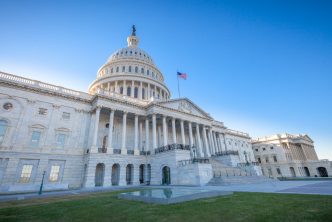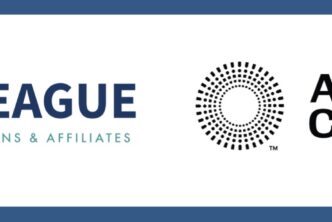On Monday, a new set of regulations went into affect regarding the U.S. and Cuban relations. These are additional revisions to the Cuban Assets Control Regulations (CACR) and Export Administration Regulations (EAR). The new revisions are the next step based off of the changes put into place by Treasury and Commerce on Jan. 16, 2015. For financial institutions, they will now be able to open and maintain accounts for Cuban individuals for use while the Cuban national is located outside of Cuba.
The provisions also include some changes to remittances, including:
- Depository institutions will be allowed to maintain accounts for certain Cuban nationals present in the United States in a non-immigrant status
- Will no longer be required to block such accounts if not closed before the Cuban national’s departure
- Access to such accounts will be limited to while the Cuban national is lawfully present in the United States
- The $250 monthly limit on payments from previously blocked accounts held in the name of such Cuban nationals will be removed to more adequately allow access to funds for living expenses
- Remittances from Cuba and from Cuban nationals in third countries to the U.S. will be authorized by general license, and financial institutions will be allowed to provide related services
- An expanded general license also will authorize additional remittances to Cuban nationals in connection with the administration of estates
Treasury Secretary Jacob J. Lew says the changes are consistent with the White House wanting to provide constructive change for the Cuban people.
“A stronger, more open U.S.-Cuba relationship has the potential to create economic opportunities for both Americans and Cubans alike. By further easing these sanctions, the United States is helping to support the Cuban people in their effort to achieve the political and economic freedom necessary to build a democratic, prosperous, and stable Cuba,” said Lew.
The revisions include expanding the telecommunications and internet-based services general licenses, including by authorizing certain persons subject to U.S. jurisdiction; allow certain persons to establish a physical presence, such as an office or other facility, in Cuba to facilitate authorized transactions; and allow certain persons to open and maintain bank accounts in Cuba to use for authorized purposes.
Read the full release of provisions on the U.S. Treasury website.





